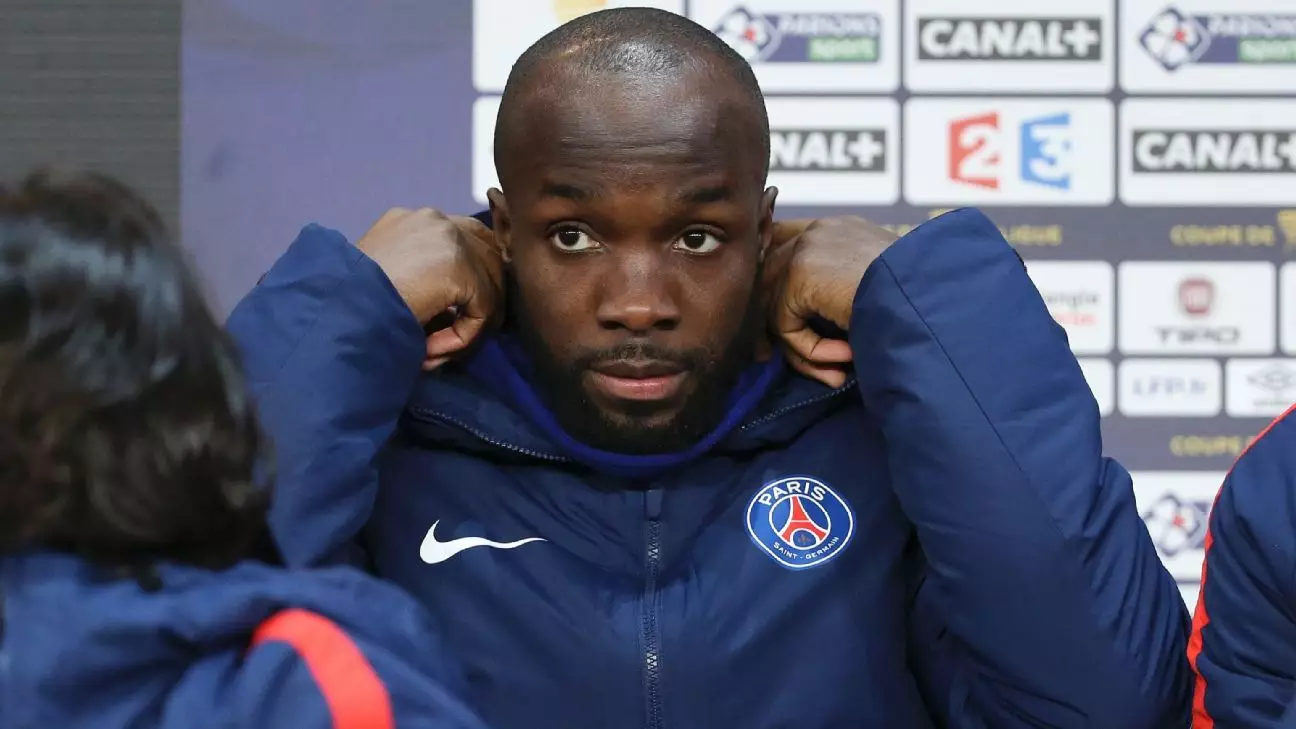In an era where football is often viewed as a lucrative, glamorous sport, the integrity of its legal and regulatory frameworks frequently goes unnoticed. Nevertheless, the story of Lassana Diarra’s relentless pursuit of justice illuminates a pivotal shift in the landscape of football governance. Diarra, a former European star, didn’t just accept the restrictive and arguably unfair transfer regulations that have long governed the sport; instead, he challenged them head-on, risking his reputation and career to advocate for a fairer system. His legal victory at the European Court of Justice not only reshaped the interpretation of European competition law but also sent a powerful message that even the sport’s most dominant institutions are not above scrutiny or accountability.
Many critics dismiss football’s governing bodies as insular, resistant to reform, and overly protective of their bureaucratic interests. Diarra’s case forced a spotlight onto FIFA and national associations, exposing attitudes of gatekeeping and resistance to change. It was a deliberate, courageous effort rooted in the conviction that the sport’s regulations should serve players, not hinder their opportunities or economic freedom. His willingness to stand up against the colossal machinery of FIFA exemplifies a profound belief in justice and individual rights—a stance that resonates beyond the pitch. This case is not merely about monetary damages; it symbolizes a profound challenge to the legitimacy of a system that has often prioritized organizational control over players’ autonomy.
Legal Victory as a Catalyst for Systemic Reform
The landmark decision by the European Court of Justice has significantly altered the legal landscape, compelling FIFA to address its outdated transfer rules. Originally, these rules placed the blame and financial burden squarely on players and their new clubs when a contract was terminated, often resulting in unnecessary legal complications and financial penalties. The court’s ruling that some elements of these regulations hinder free movement and competition has forced FIFA to reconsider its approach, signaling a clear priority shift toward fairness and compliance with EU law.
Diarra’s case exemplifies the potential of individual legal action to precipitate deep systemic change. It demonstrates that relentless advocacy and strategic litigation can grapple with entrenched institutional interests, ultimately favoring transparency, fairness, and the rights of athletes. Beyond the legal victory, this case ignites a broader dialogue on how sports institutions should evolve to protect players, particularly those who do not possess the power or resources to resist unfair practices. The fact that FIFA publicly acknowledged the need to amend its regulations signifies a breakthrough born from persistent resistance—not just a legal win but a moral victory for countless athletes.
Empowering the Underdog: A Fight for the Future of Players Everywhere
Perhaps most compelling is Diarra’s sentiment of fighting not just for himself but for the countless lesser-known players who lack the resources and influence to challenge powerful organizations. His statement underscores a broader economic and social justice issue within professional football: the imbalance of power. When players become pawns in complex contractual disputes, their careers and livelihoods suffer, often without recourse. Diarra’s willingness to undertake a lengthy, arduous legal battle breathes hope into the future of athletes who face similar struggles.
Furthermore, his support from FIFPRO and other unions emphasizes the importance of collective effort in confronting systemic injustices. The ongoing class action suit aiming to benefit over 100,000 players over two decades could serve as a watershed moment, expanding the influence of legal advocacy and player protections. Such moves challenge the status quo, demanding accountability and fair treatment at a global level. Through his brave stance, Diarra has transformed from merely a footballer into a symbol of resilience and reform—a reminder that meaningful change often begins with individual acts of defiance and conviction.
The Road Ahead: Hope and Uncertainty
While the legal victory marks a significant milestone, the battle is far from over. FIFA’s cautious response, focusing on regulatory amendments, signals an awareness of mounting pressure and the need for reform. Yet, questions remain about the effectiveness and sincerity of these efforts. Will FIFA genuinely overhaul its grip on transfer regulations or merely perform a superficial update? Diarra’s case exposes the delicate balance between legal rulings and institutional compliance, a dynamic that will shape the future of football governance.
What remains clear is that these legal challenges serve as catalysts for dialogue, pushing the sport toward a more equitable and player-centric model. As courts increasingly scrutinize the practices of powerful organizations, the sport’s ability to adapt and embrace reform will be tested. Ultimately, Diarra’s fight exemplifies not just one man’s quest for justice but also the potential for collective action to redefine the rules of the game—both on and off the pitch.


Leave a Reply